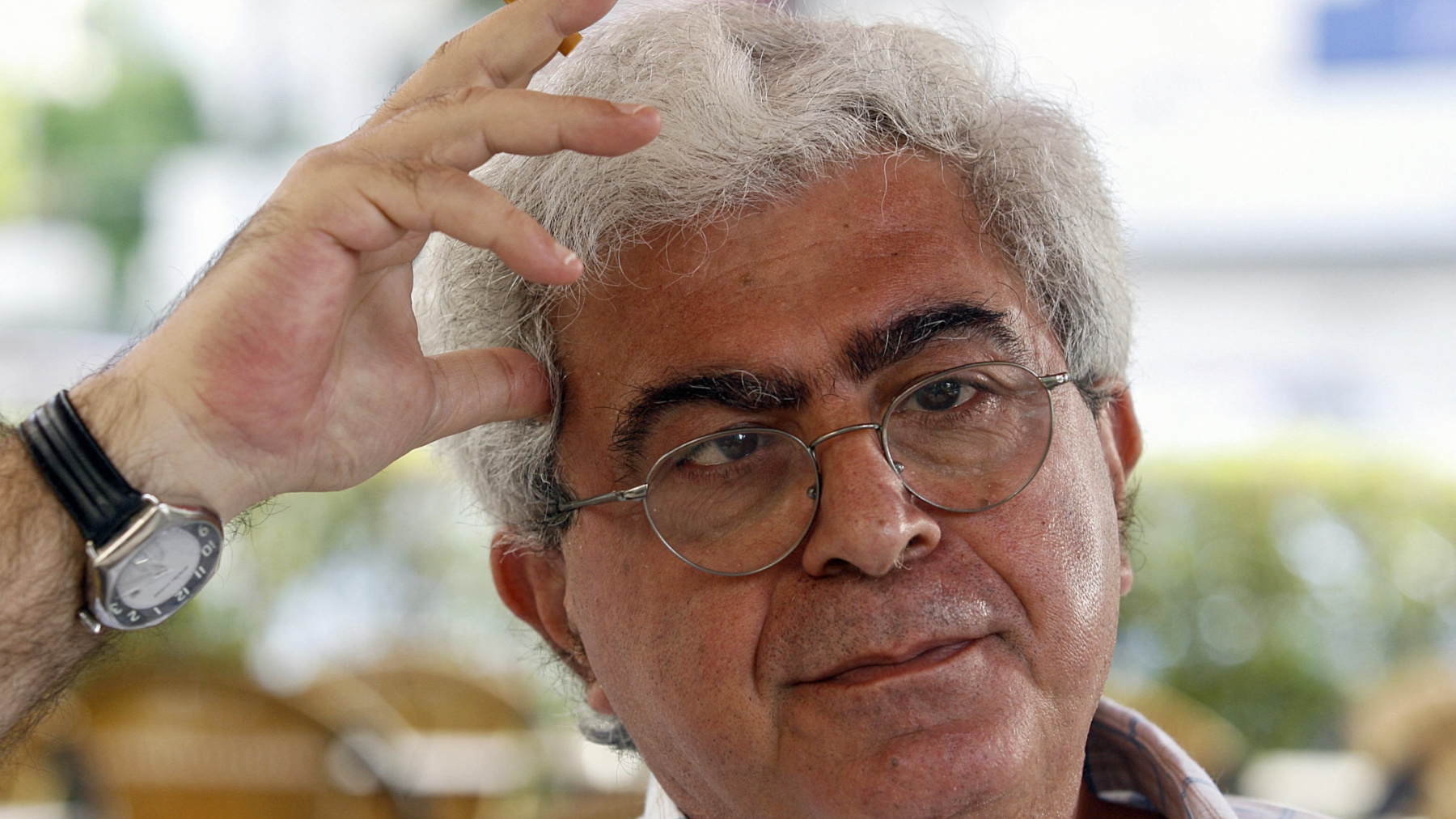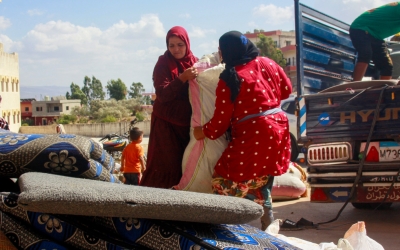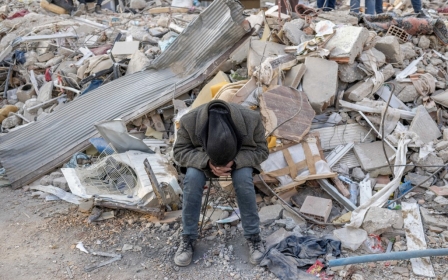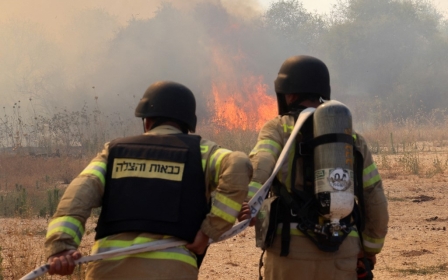Lebanon mourns the loss of leading novelist Elias Khoury

When the death of prominent Lebanese novelist Elias Khoury was announced on Sunday, personal tributes poured in from the country’s leading writers, academics, artists and even politicians.
Born in Beirut to a Greek Orthodox family in 1948, Khoury was a leading figure in Arab literature, dedicating much of his work to the Palestinian cause. He was also a fierce defender of freedom of expression and a harsh critic of all Arab dictatorships.
Khoury was also known in Lebanon as a relentless political activist, taking part and supporting anti-establishment youth-led political movements until sickness forced him to step away in recent months.
“This man has supported generations,” said Jad Shahrour, spokesperson for the Samir Kassir Eyes Center for Media and Cultural Freedom (SKeyes).
SKeyes is part of the Samir Kassir Foundation, founded in the name of assassinated Lebanese journalist Samir Kassir. Khoury, a friend of Kassir’s, co-founded the foundation.
New MEE newsletter: Jerusalem Dispatch
Sign up to get the latest insights and analysis on Israel-Palestine, alongside Turkey Unpacked and other MEE newsletters
Diana Moukalled, a journalist and co-founder of Daraj Media and friend of Khoury’s, told Middle East Eye that Khoury was supportive of all anti-dictatorial political movements in the Arab world.
“He used to give space to Syrian opposition writers and others from the region, but especially Syrians while the [Syrian army] was present in the country,” she said.
'Aside from his literary and political value, he was someone very present in any youth political movement'
- Diana Moukalled, journalist
The Syrian army entered Lebanon during the latter’s civil war in 1976 and held strong sway over the country’s affairs until its withdrawal in 2005.
“Aside from his literary and political value, he was someone very present in any youth political movement,” Moukalled added. “He was the cultured political man whose bias was very clear towards certain convictions and values.”
Khoury “always went down to the streets when there were calls for protest”, Shahrour noted.
When mass anti-government protests spread across Lebanon in late 2019, Khoury took to the streets and took part in forming an alternative press syndicate, a group of journalists and media workers independent from the press union controlled by establishment parties.
That was when Shahrour, who is 41 years his junior, met the writer directly. He says Khoury strongly supported young activists at the time, telling them they should take the lead while he took on an advisory role.
“He was very generous when it came to always sharing his experiences with people,” Shahrour said.
‘Literary source for the Palestinian cause’
In addition to supporting popular movements, Khoury’s home often welcomed political discussions, according to prominent actor and playwright Ziad Itani.
Itani met Khoury when he was a teenager, as he was a close school friend of Khoury’s son, Talal, and visited the family a lot.
“I experienced a transformation from a conservative background to a leftist one,” Itani told MEE. “I was taken away by Elias’ atmosphere.
“He formed, for me, the first literary source for the Palestinian cause after Ghassan Kanafani.”
Khoury was awarded the Prize of Palestine in 2000 for his novel, Gate of the Sun, which tells the tale of Palestinian refugees in Lebanon since the 1948 Nakba.
The novel was beloved in Palestine to the point that when hundreds of young Palestinians set up camp in an area near Jerusalem to protest Israeli settlements in 2013, they named their short-lived village Bab al-Shams, or Gate of the Sun.
“Never in my life have I felt that life gives you more than you deserve more than at that moment, where literature transforms into reality,” Khoury said in an interview at the time.
Khoury’s well-known love for Palestine meant even more to Itani when he was falsely accused of collaborating with Israel in Lebanon in 2017.
At the time, Khoury wrote a fierce piece defending Itani, and expressed his disgust towards those pursuing him.
When Itani went to thank Khoury, the latter told him, “Are you serious? I raised you!”
“With all the injustice I faced, it was enough for me that a person like him told me this,” Itani told MEE.
#الياس_خوري بريشة رسام الكاريكاتير السوري المبدع سعد حاجو pic.twitter.com/btvakKPAXE
— ziad itani (@ZiadItanioff) September 16, 2024
Shahrour, Moukalled and Itani all say that Khoury’s death leaves a major gap in Lebanon’s political and literary scene.
“Elias was one of the few people who were truly journalists, writing about politics to its core, but at the same time you could be holding one of their novels before bed, reading them and thinking ‘wow, what a novelist’,” said Shahrour. “He was not a simple, rigid opinion-writer in a newspaper.”
Though Khoury's first novel was published in 1975, the year Lebanon's 15-year civil war broke out, his writing is seen as part of the tradition of pre-war Beirut, when the city was a cultural hotbed.
“Without him, Beirut is going to lose something essential,” Moukalled said.
Middle East Eye delivers independent and unrivalled coverage and analysis of the Middle East, North Africa and beyond. To learn more about republishing this content and the associated fees, please fill out this form. More about MEE can be found here.





